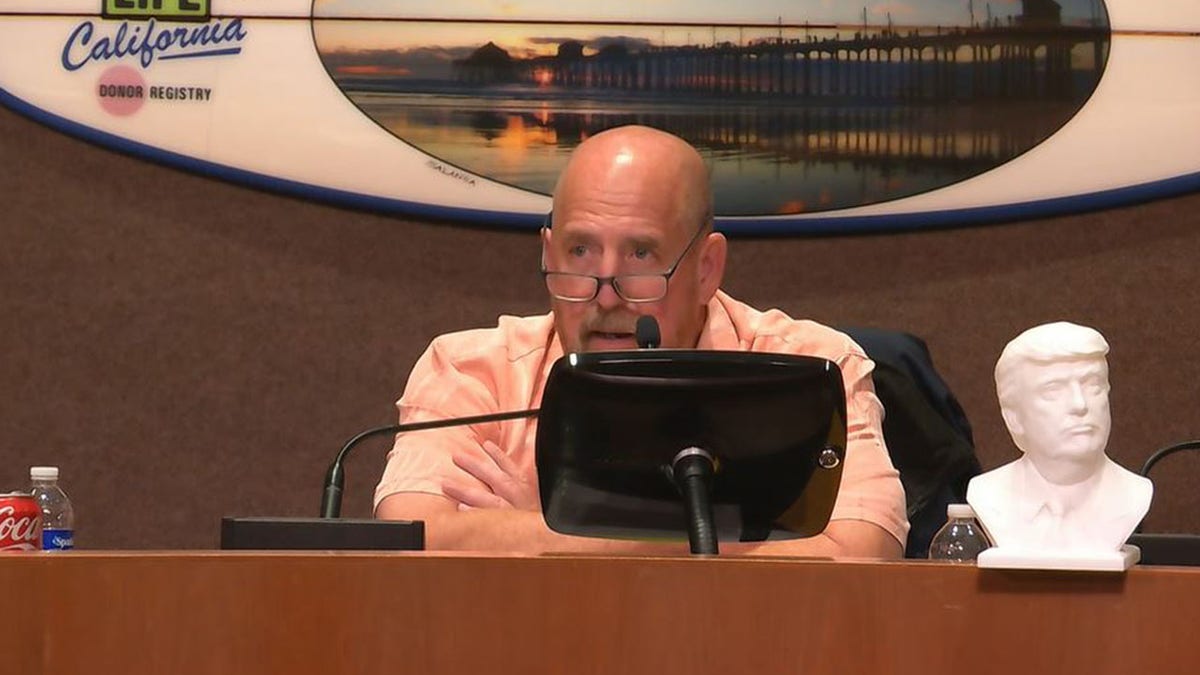In a decisive move against California's sanctuary state policies, the Huntington Beach City Council has unanimously voted to become a "non-sanctuary city." This resolution directs local law enforcement to collaborate with federal immigration authorities and notify them of impending releases of individuals residing in the country illegally. Mayor Pat Burns, a former law enforcement officer, championed the resolution, emphasizing public safety as the primary motivation. He stated that this decision allows the city to utilize all available law enforcement resources to ensure Huntington Beach remains a safe and desirable place to live.
The city's resolution explicitly challenges Governor Newsom's efforts to obstruct federal immigration enforcement, signaling the city's commitment to working with the federal government and the Trump administration's border security initiatives. This action comes as a direct response to California's sanctuary laws, which restrict cooperation between local law enforcement and federal immigration officials. Critics of sanctuary policies argue that they shield individuals residing in the country illegally, including those with criminal records, from deportation.

Huntington Beach Mayor Pat Burns introduced a resolution to make the Southern California city a "non-sanctuary" city. (City of Huntington Beach)
Beyond the resolution, Huntington Beach is also pursuing legal action against the state, challenging the constitutionality of its sanctuary laws. Councilman Chad Williams criticized state lawmakers for enacting policies that protect individuals residing in the country illegally, including those convicted of violent crimes. He questioned the logic of not utilizing every available tool to maintain community safety.

President Donald Trump, left, and Border Czar Tom Homan. (Getty Images)

Huntington Beach, California, declared itself a "non-sanctuary" city. City leaders said they will cooperate with federal immigration officials. (Reuters/Lucy Nicholson)
The resolution specifically cites crimes committed by individuals associated with gangs like MS-13 and Tren de Aragua, highlighting the potential threat to public safety. This move follows Governor Newsom's proposal for a legal defense fund to counter federal immigration enforcement actions. City Attorney Michael Gates argued that the state should support local law enforcement efforts to protect citizens rather than obstructing them. He emphasized the importance of upholding federal immigration laws and urged the state to adopt a similar stance.

Comments(0)
Top Comments